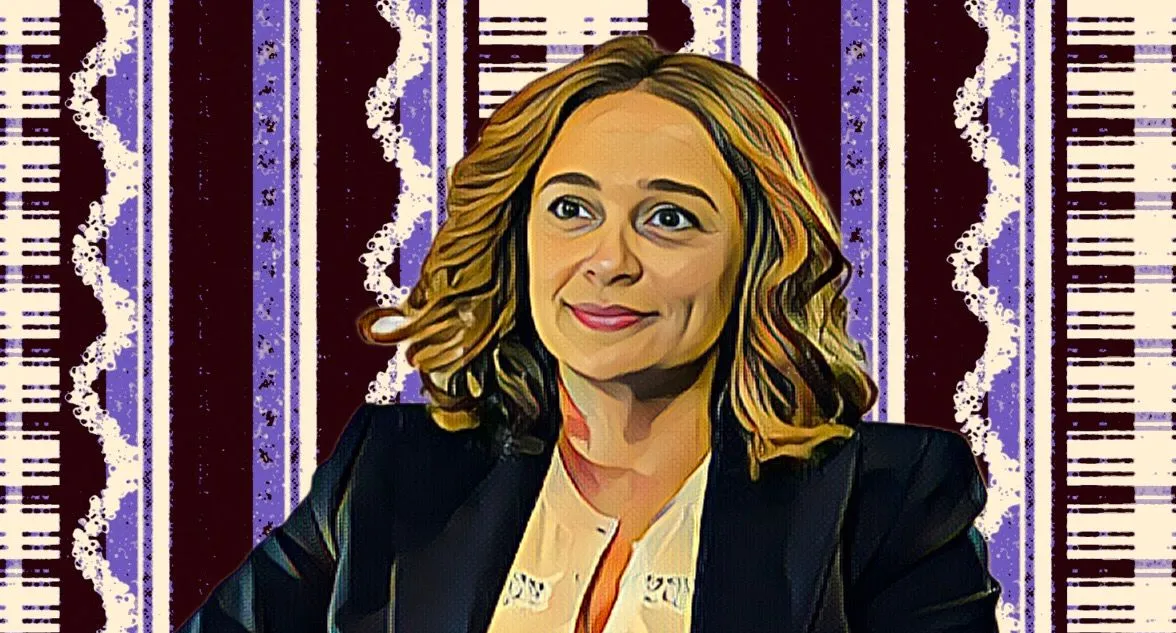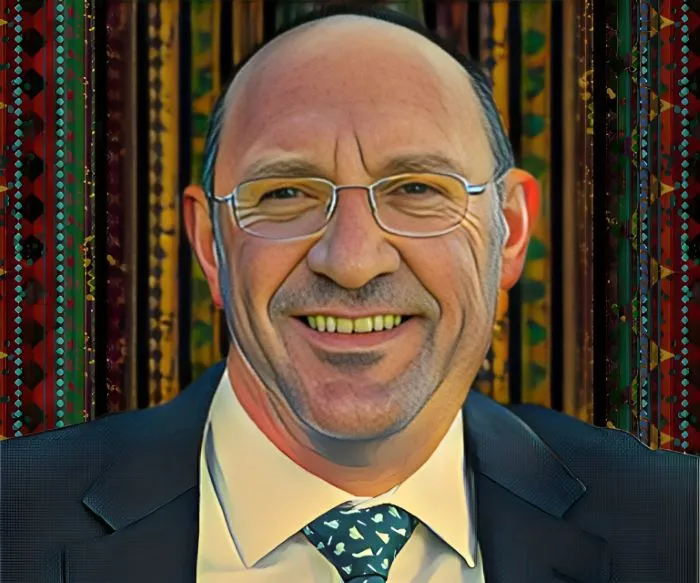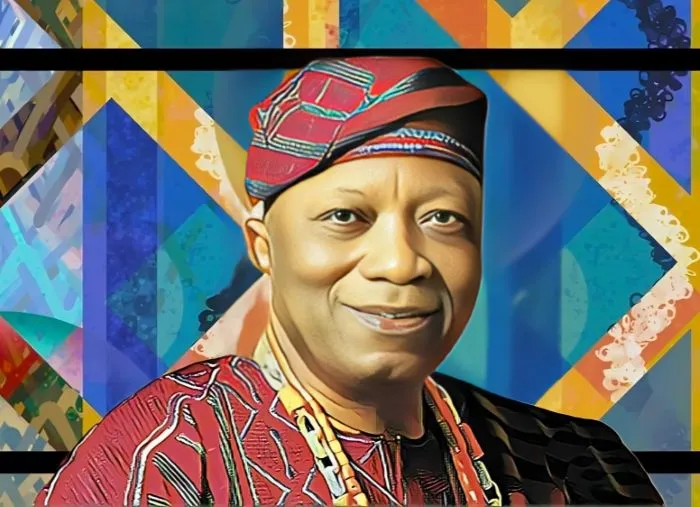Table of Contents
Key Points
- Angola’s government plans to privatize Unitel SA, banks, and insurers to diversify its economy and attract foreign investment.
- The sale of state assets, including Unitel, aligns with Angola’s economic reforms to reduce reliance on oil revenues.
- Isabel dos Santos' assets, including Unitel's stake, were seized amid an anti-corruption campaign targeting political rivals.
Angola’s government, under President João Lourenço, is pushing ahead with plans to privatize state assets as part of sweeping economic reforms. At the center is the sale of stakes in Unitel SA, the country’s largest telecommunications company. The decision follows nearly three years of state control after Unitel was seized from Africa’s first female billionaire, Isabel dos Santos.
In addition to Unitel, Angola aims to divest stakes in two major banks to draw in investors and diversify its economy beyond oil. Minister of State for Economic Coordination José de Lima Massano highlighted this strategy during an interview at the World Economic Forum in Davos. “In the coming months, we are privatizing our telecommunications company, Unitel,” Massano said, adding that part of the process will involve listing shares on the stock exchange.
Banks, insurer slated for privatization
The banks slated for privatization include the Angolan unit of Standard Bank Group. and Banco de Fomento Angola, the country’s second-largest lender. These transactions are part of a broader program that has seen more than half of nearly 200 state-owned enterprises sold since 2019. The stock market will play a central role in the process, signaling the government’s commitment to making Angola a more attractive destination for foreign investment.
Through its privatization drive, Angola’s government hopes to revamp its economy, attract investment, and lessen its dependence on oil revenues. The sale of Unitel and other state assets highlights a decisive effort to create new opportunities for economic growth while addressing past governance issues.
The government has already begun selling shares in ENSA - Seguros de Angola SA, the country’s largest insurer. It has also reaffirmed plans to sell a 30 percent stake in the state oil company, Sonangol, once its restructuring is complete.
Unitel seized in anti-corruption push
Isabel dos Santos, once celebrated as Africa’s richest woman, has faced a series of legal and financial challenges stemming from allegations of corruption.
In 2021, her assets in Angola, Portugal, and the Netherlands were seized, and she was removed from Forbes’ billionaire rankings. More recently, a UK court froze £580 million ($734 million) of her assets, citing defaults on loans linked to Unitel.
In November 2022, the government seized a 50 percent stake in Unitel from dos Santos and her late father’s associate, Leopoldino Fragoso do Nascimento, effectively bringing the company under state control. This move was part of Angola’s broader anti-corruption campaign, which has sparked both international praise for promoting accountability and criticism for allegedly targeting political rivals while overlooking internal corruption.
A pivotal UK Court of Appeal ruling in November 2024 added another layer to dos Santos’ legal battles. The court upheld the traditional standard for freezing orders in disputes involving Unitel’s stake, rejecting a stricter standard proposed in her challenge.








